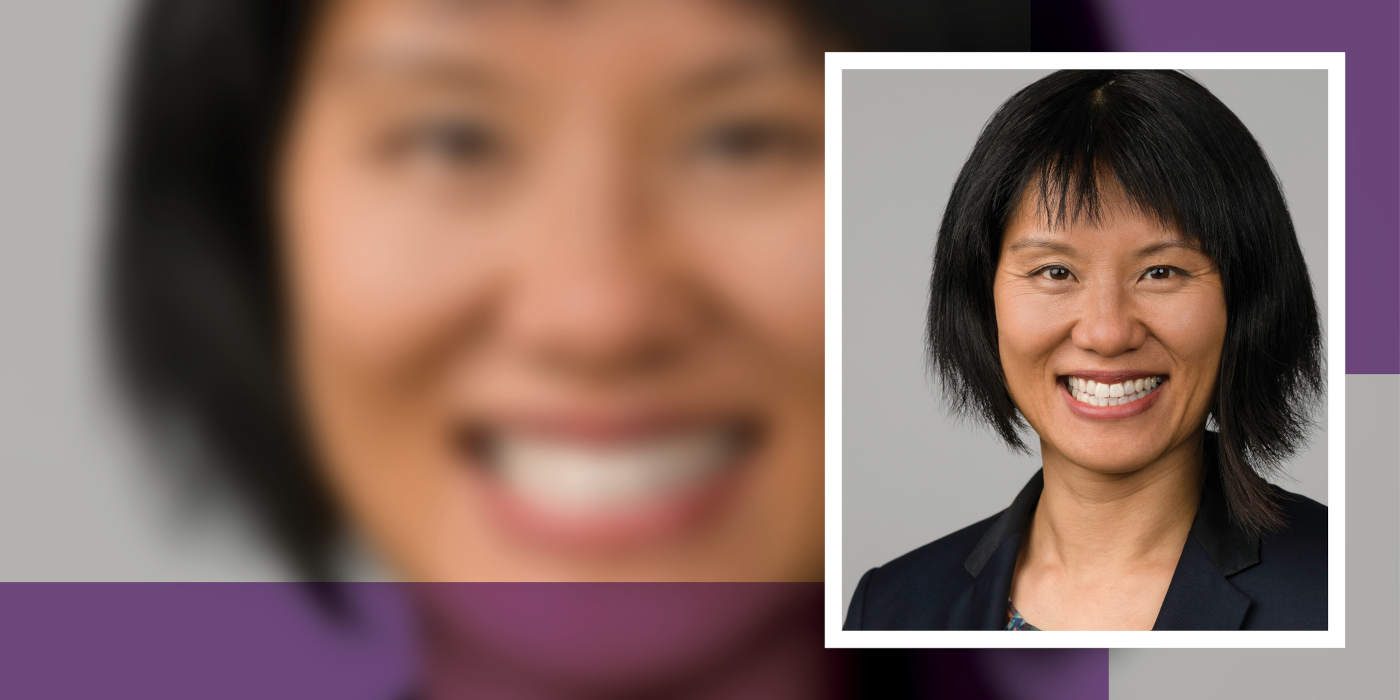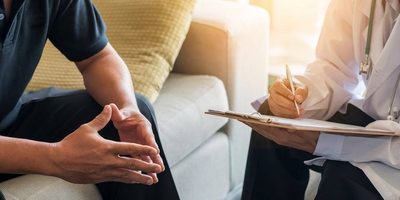
Meet Mei Ling Yap, Senior Research Fellow in Oncology and Head of the Cancer Program at The George Institute
In her role as a staff specialist radiation oncologist, A/Prof Mei Ling Yap has trained and worked in cancer care in many parts of the world including Singapore, Canada and Australia. Most recently her clinical practice has taken her to the Liverpool and Macarthur Cancer Therapy Centres in vibrant South-Western Sydney.
Working with people diagnosed with cancer and their families from diverse circumstances feeds Mei’s desire to ensure everyone has access to the highest quality care available, which translates into research looking at equity of cancer care in Australia and globally.
“Many major breakthroughs in cancer prevention and treatments have been made available in high income countries over the last few decades, but we still see huge disparities in cancer control in low- and middle-income countries.
“The George Institute’s Cancer Program is dedicated to changing this on a global scale by closing some of these equity gaps.”
Mei was drawn to the opportunities the role at The George Institute presented for her as a clinician academic, a group who do not have a well-defined career pathway due to their dual missions of clinical practice and research.
“I was attracted by the value The George sees in clinician academics working alongside researchers who have followed a more traditional academic pathway and have appreciated the supportive environment, collaboration and mentoring I’ve experienced since joining in 2021. The organisation’s global focus around equity in cancer control was another compelling driver connected to my personal goals. I'm happy to say the role is exceeding my expectations!”
Mei feels aligned with the Institute’s comprehensive approach to cancer research, which includes health systems analysis, clinical trials and survivorship research rather than isolating one facet of the cancer continuum. The ultimate vision of the Cancer Program is for every person facing cancer to have access to optimal care for the best possible outcomes, through prevention, novel treatments, equitable access to services, and the best possible quality of life.
“After I finished my PhD, I started exploring the next chapter of my journey and was introduced to Bruce Neal, who is Executive Director of The George Institute in Australia. This connection happened at an opportune moment, and I realised there was a great alignment in our values and aims.”
Connections are an important way to progress these ambitions, says Mei. For example, The George recently announced a new collaboration with The Australian and New Zealand Urogenital and Prostate Cancer Trials Group (ANZUP) to improve outcomes in genitourinary cancers, with an initial focus on predicting which post-surgical prostate cancer patients will benefit most from radiation therapy. Additionally, a new UNSW partnership will see the Cancer Program conduct trials in gastrointestinal and rare cancers utilising the research and treatment network led by not-for-profit OMICO, matching patients with personalised treatments for their individual tumours based on genomic screening. Mei is also working with The George’s Guunu Maana Team on a study of prostate cancer in Aboriginal and Torres Strait Islander people.
“We draw on existing alliances and forge new ones with academia and cancer trial cooperatives, government agencies, healthcare providers, and the full range of NGOs, including consumer advocates in Australia and globally, to create a far-reaching impact,” Mei explains.
“What makes our Cancer Program particularly exciting is the profound opportunity it presents. We step into a realm that directly addresses the needs of millions of people worldwide who are impacted by cancer. This gives us a chance to be at the forefront of research in this dynamic domain and to contribute to shaping the course of global cancer care.
“Moreover, the program aligns with The George’s ethos of taking a comprehensive approach to health research, as we're able to work with the other research teams on areas such as multi-morbidity, how human and planetary health intersect, and sex and gender equity, among many others.
“The prevailing attitude of thinking big and fostering a ‘can-do’ spirit at The George is inspiring and is a catalyst for innovation; I truly enjoy being part of a dynamic network that includes colleagues from around the world, all with unique insights, experiences, and expertise, and feeling encouraged to find unique solutions to big challenges,” Mei says.
Outside of work, Mei can be found practising martial arts like karate, capoeira or taekwondo, a passion of hers since childhood.



